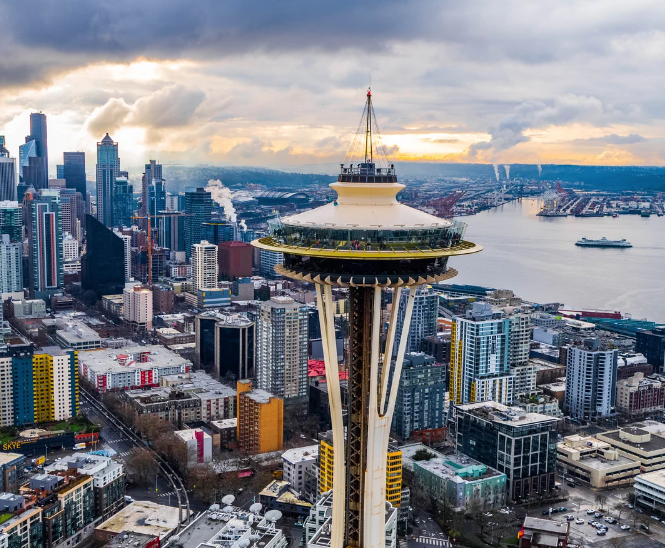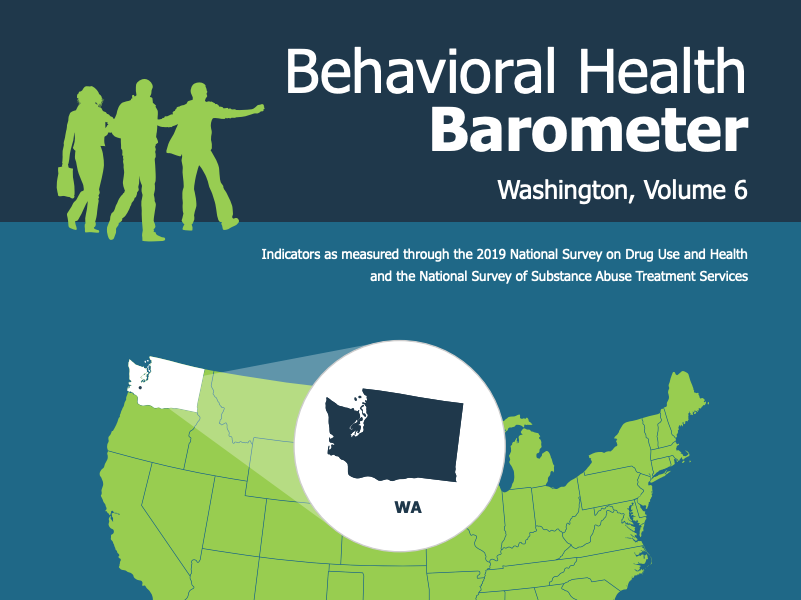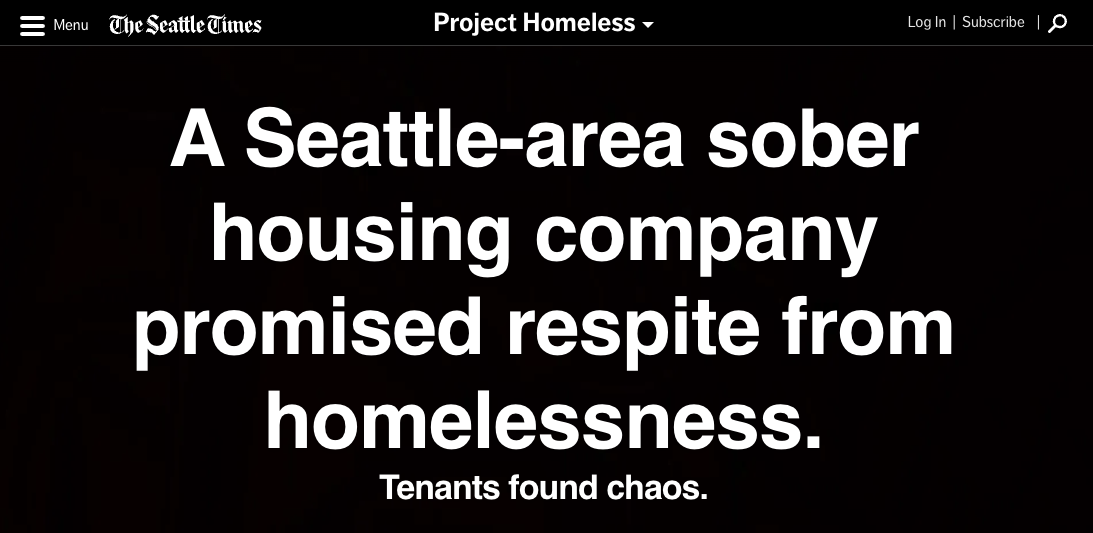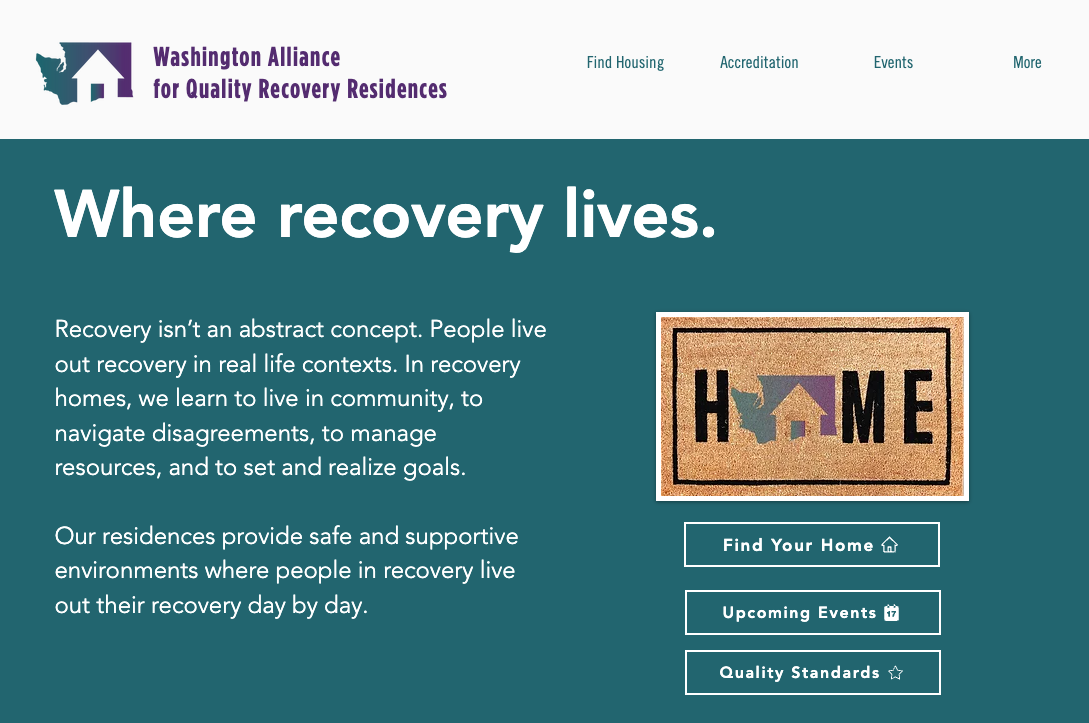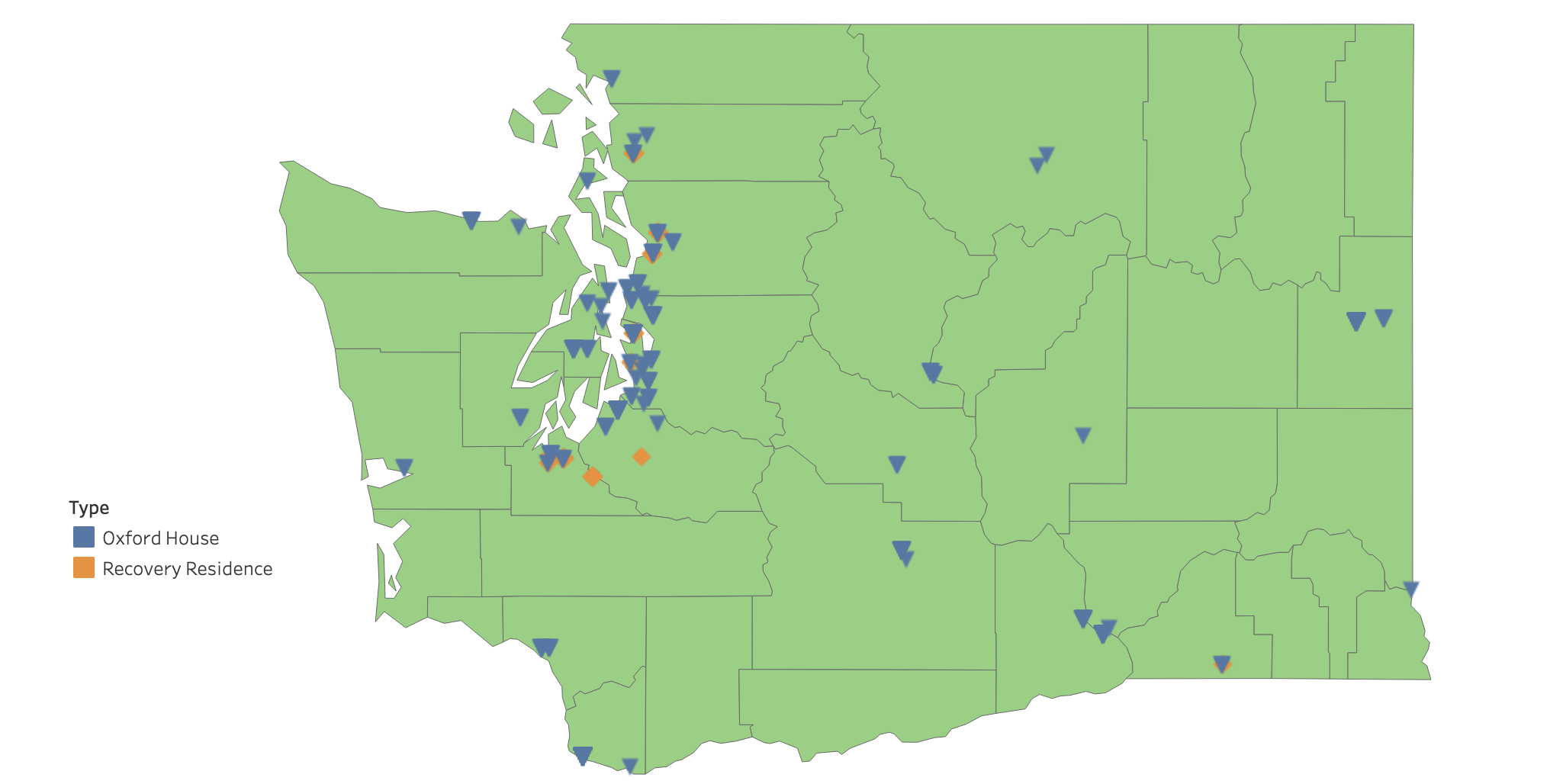Washington is a big state with a big personality. There are many benefits to opening a sober living home - also known as a recovery residence - in Washington state, not the least of which is the fact that the state does not require sober living home operators to register, certify or license homes. The $4000 startup cost loans on offer for sober living home operators from the state government are tempting, as well.
However, there are downsides. For one, the lack of oversight in the state has also led to some bad actors running irresponsible or even dangerous homes, leading to a fair amount of NIMBY-ism in the state, especially in small, family-centered communities. The state’s recent regulation of sober living homes is modest compared to other states - and we’ll cover that in more detail below - but it likely signals that more regulation is on the way.
Today, we’ll go over everything you need to know in order to open a sober living home in Washington state. There’s a smart way - and a not-so-smart way - to do this. After you’ve reviewed the information here, you’ll be well on your way to opening a sober living home the smart way in Washington.
First, Understand That You Will Experience Resistance When Opening a Sober Living Home in Washington State
Washington state is no stranger to addiction problems. According to a recent SAMHSA report on behavioral health in Washington, a full 10.7% of Washingtonians struggle with Substance Use Disorder (SUD). That’s a full percentage point above the national average.
With homlessness and overdose deaths at record highs in Washington, and especially in the metro areas, smaller communities are very reluctant to accept sober living homes into their midst. NIMBYism like that recently observed in Camas, Washington is the rule, not the exception, in Washington state. Expect to develop a solid offensive plan to address NIMBYism in your target community before you even begin operating. Make sure to include a good neighbor agreement into that plan, as well.
Don’t Underestimate the Tenant’s Rights Community in Washington State When Planning Your Sober Living Home Launch
Organizing around tenants rights is intense in Washington state, especially in the Seattle area. While you should always treat your tenants fairly - meeting at least the bare minimum outlined in the letter of the law - you’ll want to be especially careful around any leases, contracts and evictions you undertake in Washington state. Be sure to consult a lawyer before you open your sober living home in Washington so that you fully understand the ins and outs of tenant law, ADA law, and sober living home regulations in the state before you begin operations.
There are Benefits to Getting Registered with the Washington Alliance of Quality Recovery Residences
The Washington Alliance of Quality Recovery Residences (WAQRR) is the local National Alliance for Recovery Residences (NARR) affiliate in Washington state. WAQRR follows standard NARR quality standards and adheres to the same code of ethics and levels of care model as the national sober living home advocacy organization.
While being a WAQRR member brings many benefits, the most important one is that your sober living home will be automatically registered on the HCA Recovery Home Registry in Washington upon confirmation of your membership.
It’s a Good Idea to Add Your Washington Sober Living Home to the HCA Recovery Home Registry
Beginning in January 2023, all treatment centers must only refer graduates to sober living homes that are registered with the HCA Recovery Home Registry in Washington. This is thanks to new state legislation, called RCW 71.24.660, that states, in part, that:
Beginning January 1, 2023, a licensed or certified service provider may not refer a client who is appropriate for housing in a recovery residence, to support the client's recovery from a substance use disorder, to a recovery residence that is not included in the registry of approved recovery residences maintained by the authority under RCW 41.05.760. This section does not otherwise limit the discharge or referral options available for a person in recovery from a substance use disorder to any other appropriate placements or services.
In plain English, this means that addiction treatment centers in your area - or any other :licensed or certified” referral partners'' - can be punished for referring to patients to your home if you’re not on the HCA Recovery Home Registry list. Because referral partnerships are so essential to the health of most sober living homes, it makes sense to go ahead and get certified in Washington state even if it’s not technically required.
Need Help With Your Sober Living Home in Washington? We’re Here for You
Sober Living App is dedicated to doing one thing: making it easier - and more profitable - to operate sober living homes.
Our all-in-one app handles rent collection, admissions, property management, residents’ care coordination, community contacts, transportation details, calendars, staff, alumni and more - all from the convenience of your phone.
Claim your free trial today and see why more sober living homes prefer the Sober Living App.


